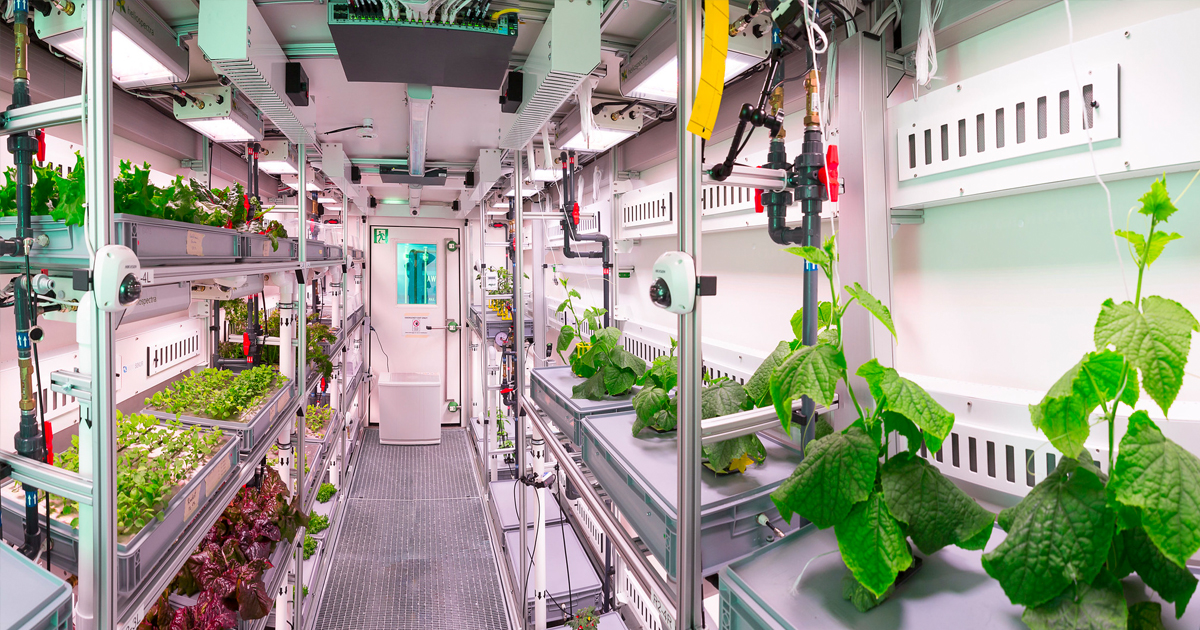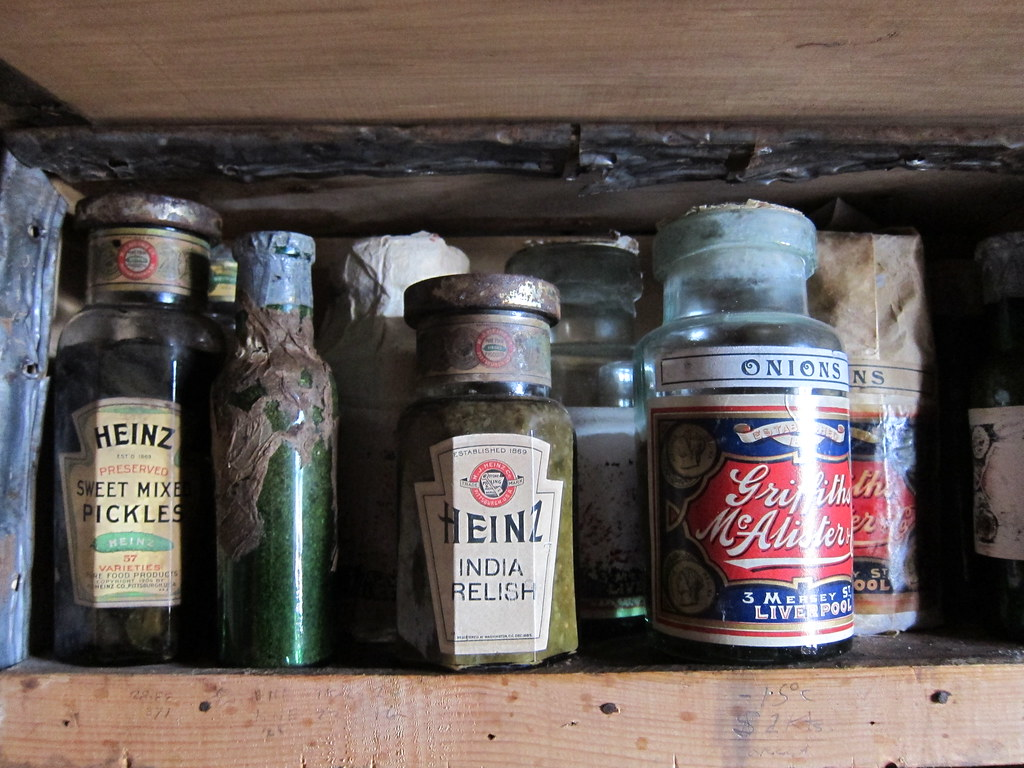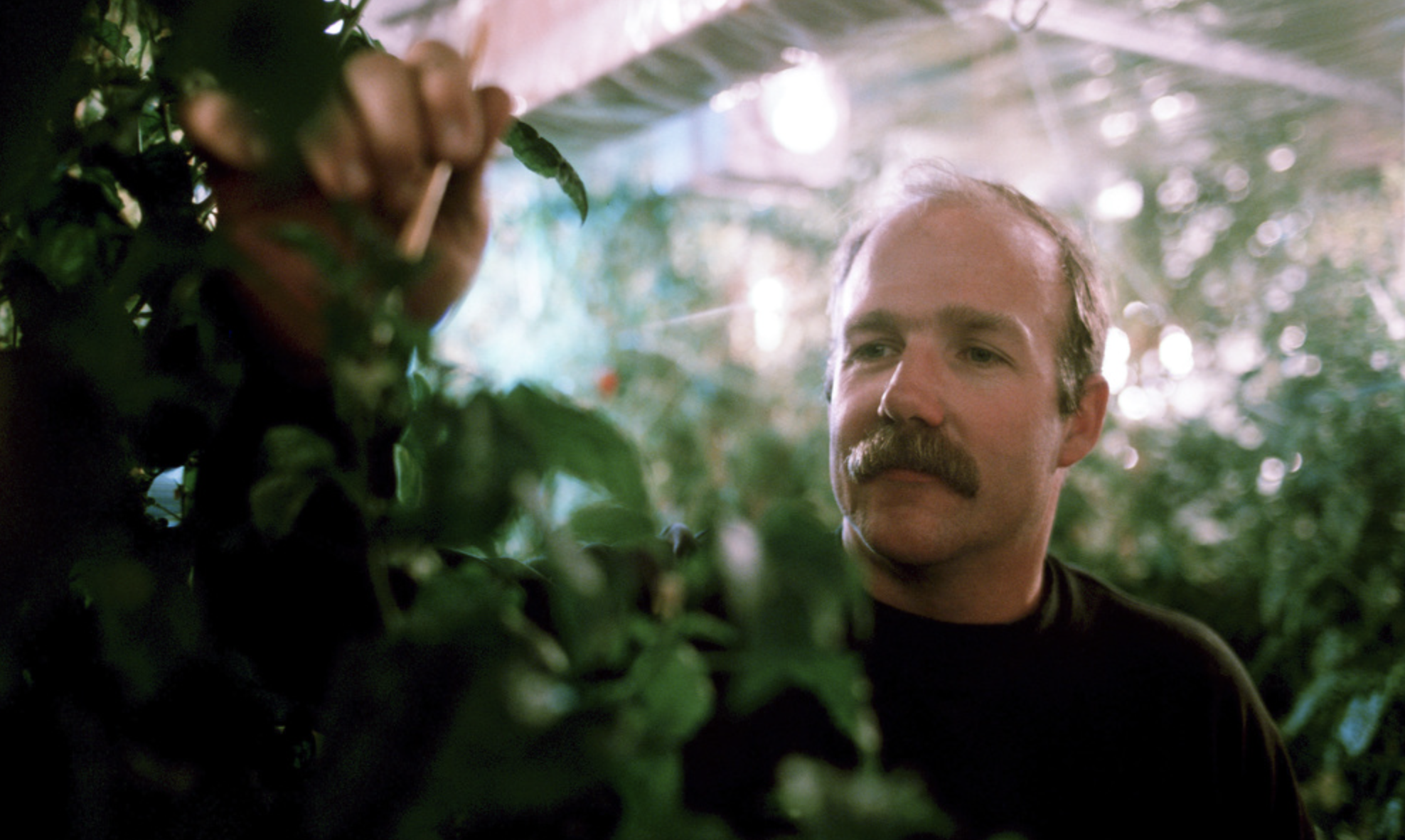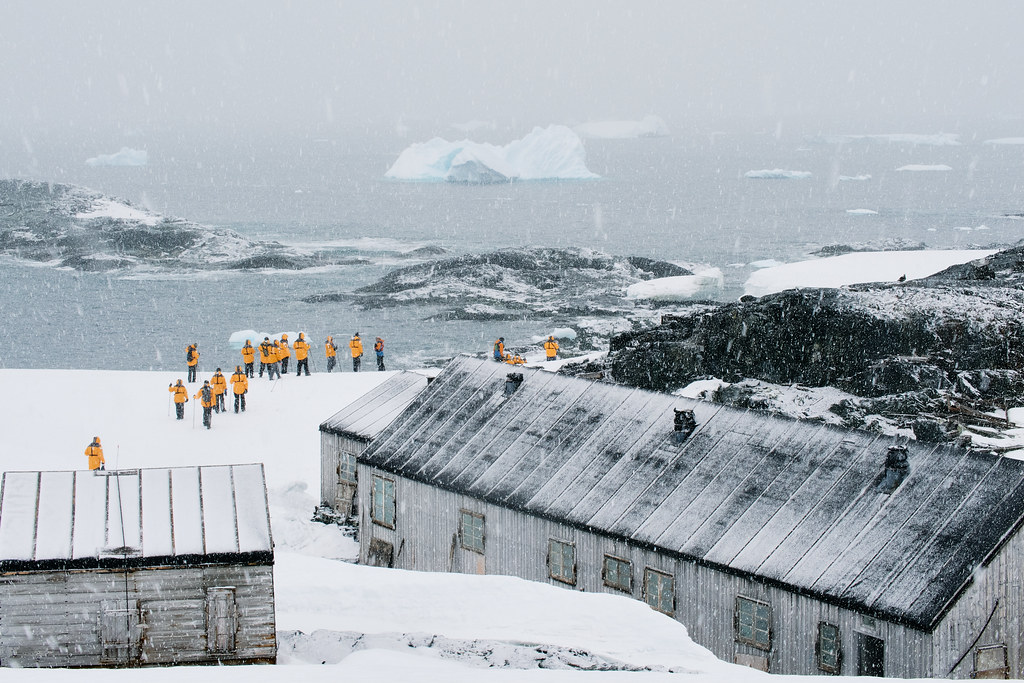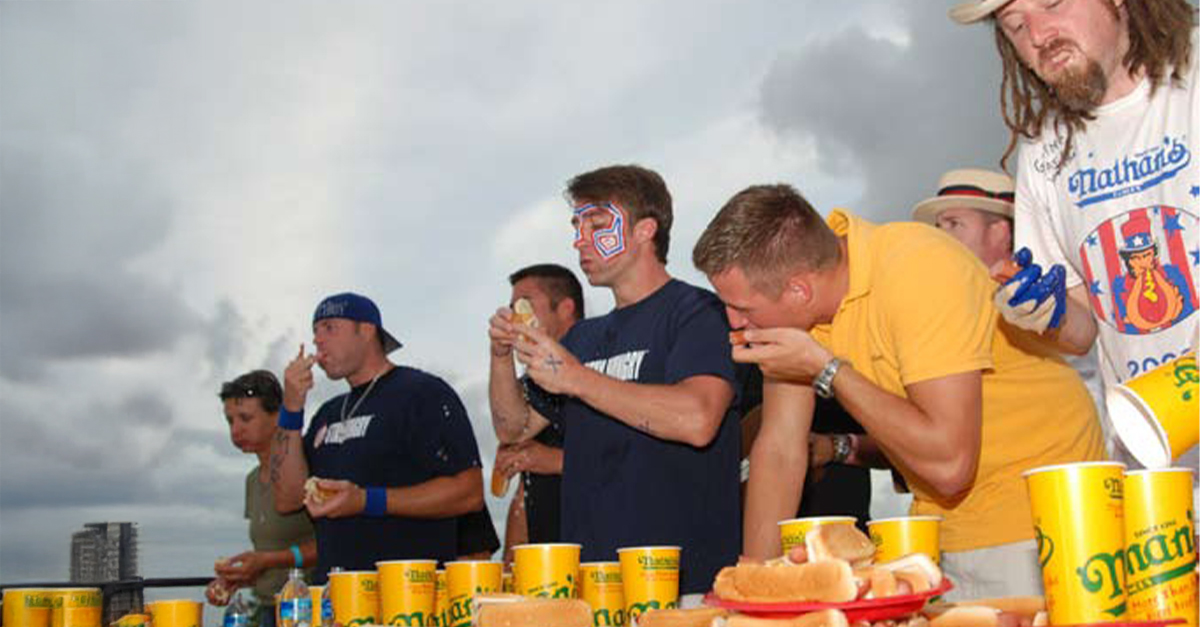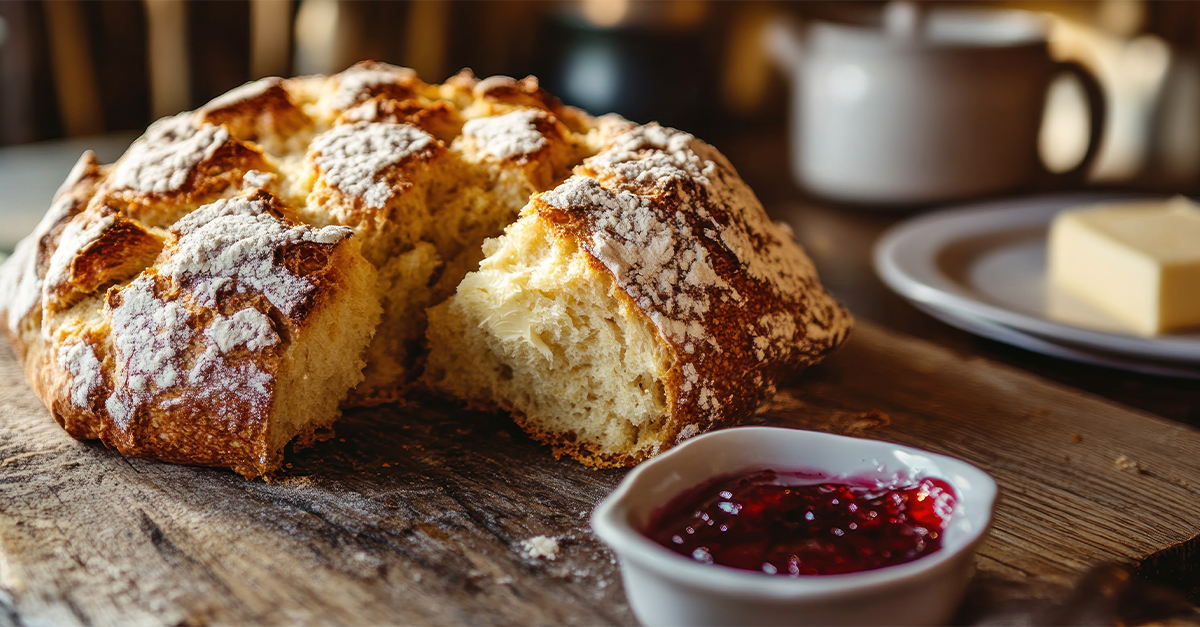Antarctica is the most southern continent on Earth. It's famous for its beautiful icy scenery, varied wildlife, and harsh weather conditions. Despite not having a lot of cuisine options, creative solutions for obtaining and cooking food have been developed by Antarctic researchers and visitors. It's not glamorous, but you'll definitely get a unique foodie experience in this isolated area.
Slim pickings
Pre-packaged and preserved foods are the main food source in Antarctica since fresh produce is scarce. It may not seem glamorous, but most visitors are surprised at the quality and taste of such foods. Supplies such as canned goods, frozen meats, dried fruits, vegetables, and grains are shipped from other countries to research stations to provide essential nutrients in the harsh climate.
If you seek a meal that doesn't come from a can, your best bet is to visit a research institute. Research institutes also often hire chefs with specific training who work to produce tasty and nutritious meals using whatever ingredients are available. These chefs employ creative techniques to transform basic ingredients into delectable dishes, elevating the spirits of those who are permanently stationed in Antarctica.
Fresh is rare
A few research stations have started growing fresh fruit indoors with hydroponic gardens, which replace dirt with nutrient-rich water. However, the extreme conditions in Antarctica limit their efforts. Still, what they can grow does have comparable freshness to the fruit grown in more favorable locations.
The abundance of fish in Antarctica's neighboring waters serves as another food source. Rich in protein and omega-3 fatty acids, fish and krill are vital components of the Antarctic diet. Scientists can harvest little crustaceans called krill using specialized equipment, and they can fish on ice or use nets to catch fish. These fresh catches take the place of canned and preserved items, which is often a nice change.
Field parties
In addition, a few daring tourists in Antarctica engage in the custom of "field parties," where they explore the wild to search for edible plants and hunt seals or penguins.
These activities are closely monitored to reduce harm to the environment and wildlife, but they provide a special chance to taste authentic Antarctic cuisine.

